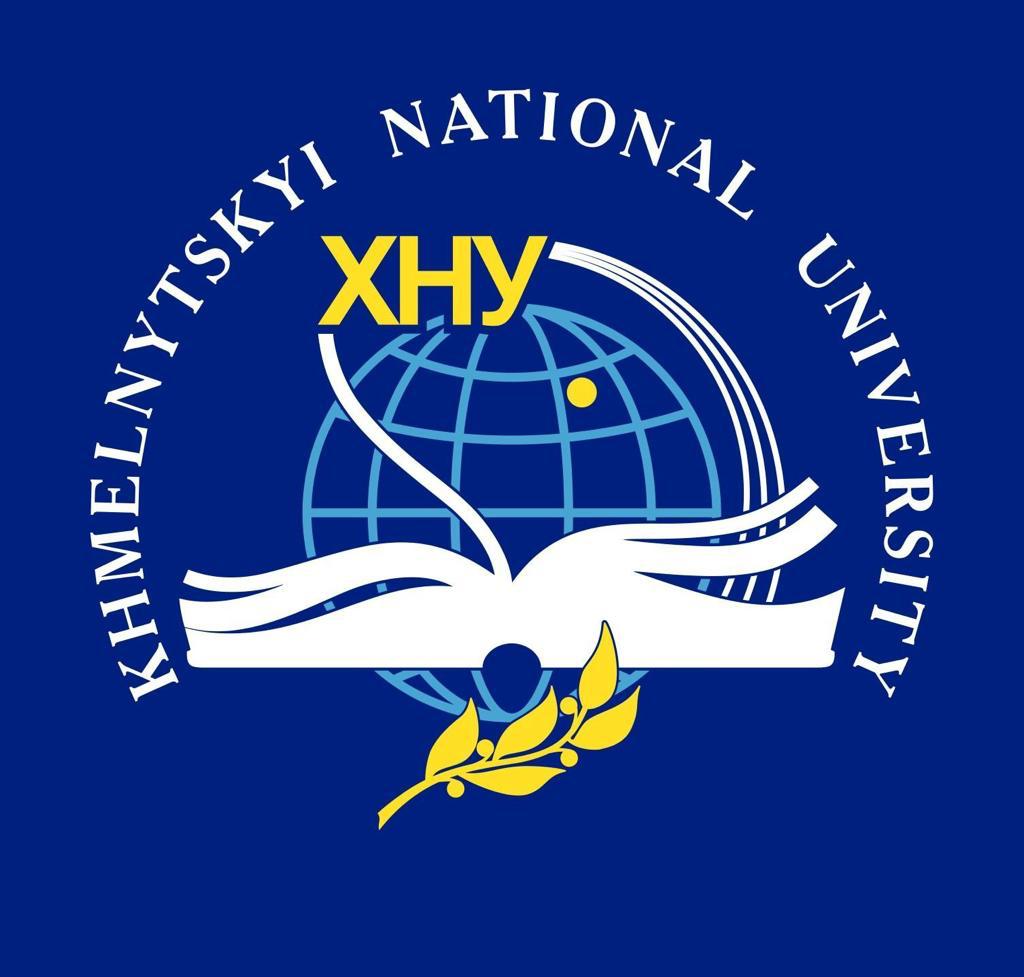THE ROLE OF CRITICAL THINKING IN THE FORMATION OF INFORMATION COMPETENCE OF FUTURE TEACHERS
DOI:
https://doi.org/10.31891/pcs.2024.1.69Keywords:
thinking, critical thinking, development of critical thinking skills, IT competence, future teachersAbstract
The article substantiates that the development of information technologies, the growing capabilities of computer technology and its spreading into all spheres of human life led to the use of information and communication technologies in the field of education. Modern pedagogues must orient themselves in colossal flows of information, be capable of its critical analysis, generalization, synthesis and application in pedagogical activities. In order to solve these problems, it is necessary to form informative competence based on critical thinking in future teachers. The purpose of the article is a theoretical study of critical thinking as a basic component in the structure of IT competence of modern teachers. To determine the theoretical foundations of the researched phenomenon, a set of interrelated research methods was used, in particular, the methods of analysis and synthesis, comparison, classification and generalization of scientific approaches to the research problem, presented in philosophical, sociological, psychological, and pedagogical sources. Research results. Today, all types of pedagogical activities of teachers are directly related to information and technological competences, the implementation of which requires critical thinking. Critical thinking is considered simultaneously as a process - the process of assessing the correctness and reliability of information, based on its correlation with available information, scientific titles, the formed scientific picture of the world, and as a result - the formed integrative ability or complex of skills. Clarifying the concept of informatics competence, emphasis is placed on its manifestation in the readiness to apply pedagogical knowledge, abilities and skills, as well as the means of information and communication technologies for searching, critical analysis and synthesis of information, solving complex tasks in professional and subject areas. The ability to analyze and select the necessary information is one of the key skills in the conditions of informatization of society, and the level of this skill is determined by the level of development of critical thinking.
References
Dushchenko, O. (2021). Suchasnyi stan tsyfrovoi transformatsii osvity [The current state of digital transformation of education]. Fizyko-matematychna osvita – Physical and mathematical education, 28 (2), 40–45 [in Ukrainian].
Karpliuk, S. O. (2019). Osoblyvosti tsyfrovizatsii osvitnoho protsesu u vyshchii shkoli [Peculiarities of digitization of the educational process in higher education]. «Informatsiino-tsyfrovyi osvitnii prostir Ukrainy: transformatsiini protsesy i perspektyvy rozvytku – Information and digital educational space of Ukraine: transformational processes and development prospects»: materialy metodolohichnoho seminaru NAPN Ukrainy. (р. 188–197). Kyiv [in Ukrainian].
Kucherak, I. (2020). Tsyfrovizatsiia ta yii vplyv na osvitnii prostir v konteksti formuvannia kliuchovykh kompetentnostei [Digitization and its impact on the educational space in the context of the formation of key competencies]. Innovatsiina pedahohika – Innovative pedagogy, 2 (22), 91–94 [in Ukrainian].
Pietukhova, L. Ye. (2008). Stanovlennia poniattia «informatychni kompetentnosti» ta rivni yikh diahnostyky u maibutnikh vchyteliv pochatkovoi shkoly [The formation of the concept of "informatics competences" and the level of their diagnosis in future primary school teachers]. Nauka i osvita – Science and education, 8–9, 193–198 [in Ukrainian].
Pometun, O. I. (2018). Krytychne myslennia yak pedahohichnyi fenomen [Critical thinking as a pedagogical phenomenon]. Ukrainskyi pedahohichnyi zhurnal – Ukrainian Pedagogical Journal, 2, 33–40 [in Ukrainian].
Pochynkova, M. M. (2019). Definitsiia «Krytychne myslennia» u naukovomu pedahohichnomu dyskursi [Definition of "Critical thinking" in scientific pedagogical discourse]. Osvita ta pedahohichna nauka – Education and Pedagogical Science, 1 (170), 37–48 [in Ukrainian].
Cabinet of Ministers of Ukraine (2020), “Resolution of the Cabinet of Ministers of Ukraine “On approving the concept of digital potential development and approving the plan of measures for its implementation”, available at: https://zakon.rada.gov.ua/go/167-2021-%D1%80 [in Ukrainian].
Ministry of Education and Science of Ukraine (2018), “Resolution of Ministry of Education and Science of Ukraine “On the approval of the Regulations on the National Educational Electronic Platform”, available at: https://ips.ligazakon.net/document/RE32154?an=103 [in Ukrainian].
Cabinet of Ministers of Ukraine (2021), “Resolution of the Cabinet of Ministers of Ukraine “About priority directions and tasks (projects) of digital transformation for the period until 2023”, available at: https://zakon.rada.gov.ua/laws/show/365-2021-%D1%80#Text [in Ukrainian].
Cabinet of Ministers of Ukraine (2022), “Resolution of the Cabinet of Ministers of Ukraine “On the approval of the Strategy for the Development of Higher Education in Ukraine for 2022-2032”, available at: https://www.kmu.gov.ua/npas/pro-shvalennya-strategiyi-rozvitku-vishchoyi-osviti-v-ukrayini-na-20222032-roki-286- [in Ukrainian].
Ministry of Education and Science of Ukraine (2021), “Project Concept of digital transformation of education and science for the period until 2026”, available at: https://mon.gov.ua/ua/news/koncepciya-cifrovoyi-transformaciyi-osviti-i-nauki-mon-zaproshuye-do-gromadskogo-obgovorennya [in Ukrainian].
Terno, S. O. (2012). Svit krytychnoho myslennia: obraz ta mimikriia [The world of critical thinking: image and mimicry]. Istoriia v suchasnii shkoli – History in the modern school, 7–8, 27–39 [in Ukrainian].
Shkvyr, O. V. (2019). Krytychne myslennia molodshykh shkoliariv: sutnist i osoblyvosti [Critical thinking of younger schoolchildren: essence and features]. Molod i rynok – Youth and the market, 4, 27–32 [in Ukrainian].
Agostini, L., Galati, F., & Gastaldi, L. (2020). The digitalization of the innovation process: Challenges and opportunities from a management perspective. European Journal of Innovation Management, 23 (1), 1–12.
Cluster, D. (2001). What is critical thinking?. International journal about thinking development through reading and writing, 4, 15–18.
Ennis, R. H. (2013). Critical Thinking Across the Curriculum. Virtues of Argumentation: Proceedings of the 10th International Conference of the Ontario Society for the Study of Argumentation (OSSA).Windsor, ON: OSSA. Р. 169–180.
Facione, P. (1990). Critical Thinking: A Statement of Expert Consensus for Purposes of Educational Assessment and Instruction (The Delphi Report). USA: The California Academic Press, 20.
Martin, Е. M. (2018). Teaching critical-thinking skills: a strategic-management class project. Journal of Instructional Pedagogies, 21. Аvailable at: http://www.aabri.com/manuscripts/182793.pdf
Visser, J., & Visser, M. (2019). Seeking Understanding: The Lifelong Pursuit to Build the Scientific Mind. Leiden: Brill, 233.
World Economic Forum, (2020).The Future of Jobs Report 2020. Switzerland: World Economic Forum, October 2020. Аvailable at:: https://www.weforum.org/ reports/the-future-of-jobs-report-2020





